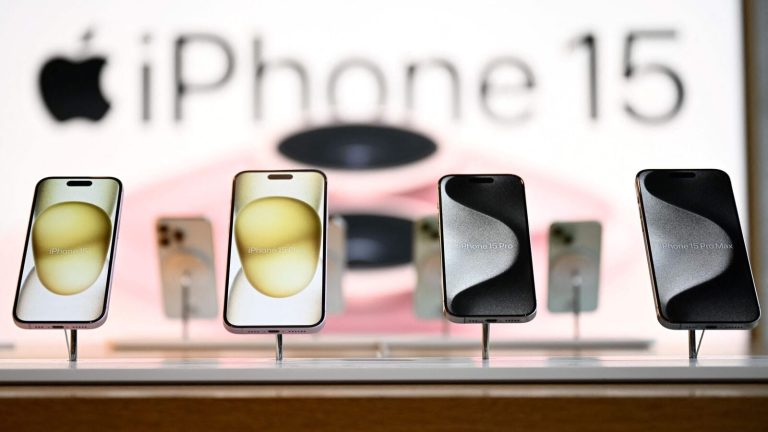Apple is ramping up efforts to ship more iPhones to the United States from India in a bid to cushion the impact of steep new tariffs on Chinese goods imposed by President Donald Trump, The Wall Street Journal reported, citing sources familiar with the matter.
The move is a short-term strategy while the company seeks an exemption from the tariffs. For now, Apple sees the landscape as too volatile to warrant major changes to its global supply chain.
Tariffs take a bite: $300 hike on iPhone costs
Trump’s renewed tariff package slaps at least a 54% duty on Chinese goods and a 26% rate on imports from India. A $300 hike could be added to the current $550 hardware cost of an iPhone 16 Pro, per estimates by TechInsights cited in the news report. The model currently retails for $1,100.
“Apple could limit the damage by importing phones from India where the tariff is about half as high,” the WSJ noted.
India-made iPhones may meet half of US demand
Apple is expected to produce 25 million iPhones in India this year, according to Bank of America analyst Wamsi Mohan, as quoted by WSJ. While 10 million units are meant for the domestic Indian market, the rest could be redirected to the US.
“If Apple were to redirect all India-made iPhones to the U.S., it could meet about 50% of American demand for the device this year,” Mohan was quoted as saying.
Trump doubles down on China
Despite market jitters, Trump has stood firm on tariffs. On Monday, he threatened additional levies if China doesn’t remove the retaliatory duties announced after the US revealed its tariff plans on April 2.
“Other countries have been abusing the United States with their trade policies,” Trump said, adding that the tariffs would generate “billions of dollars” in revenue. He has also pushed for more manufacturing on American soil.
Production in India offers flexibility
Apple has gradually expanded its iPhone assembly operations in India since 2017, working with partners to build not just older models but now even the latest devices.
This shift helps Apple diversify from China, reduce tariff risks, and avoid import duties when selling in India—one of the fastest-growing smartphone markets globally.
The company is able to stamp India as the country of origin due to “substantial transformation” occurring there—from a collection of parts to a functioning smartphone.
Vietnam faces similar tariff pressure
Vietnam, another Asian manufacturing hub for Apple, particularly for AirPods, Apple Watches, and iPads, faces a 46% tariff under Trump’s policy—nearly as high as China’s.
However, Trump hinted at a potential reprieve after a conversation with Vietnam’s leader, suggesting he may be open to a better deal.
Manufacturing iPhones in the US? Not likely
Despite Trump’s push, shifting iPhone assembly to the US remains implausible. “The cost would be far beyond the cost of paying the tariff,” analysts and suppliers told the news outlet.
Assembling iPhones requires massive workforces capable of high-speed, high-precision tasks—resources far more available and cost-effective in Asia.


